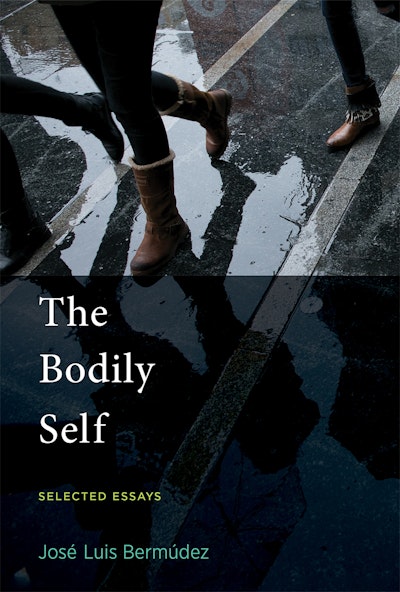- Published: 6 February 2024
- ISBN: 9780262551083
- Imprint: MIT Press Academic
- Format: Paperback
- Pages: 312
- RRP: $79.99
The Bodily Self
Selected Essays
- Published: 6 February 2024
- ISBN: 9780262551083
- Imprint: MIT Press Academic
- Format: Paperback
- Pages: 312
- RRP: $79.99
"This outstanding volume weaves nine substantially revised and expanded articles and a wholly new chapter into a sustained, penetrating, and important discussion of consciousness, self-consciousness, and bodily awareness. No other book pursues all these issues so compellingly; this is essential reading for anybody interested in philosophy of mind."
--David Rosenthal, Professor, Philosophy and Cognitive Science, Graduate Center, City University of New York
"Bermúdez examines self-consciousness in a new way. He explores the nonlinguistic foundations of a sense of 'I,' and weaves together philosophical, neuroscientific, and psychological analyses with depth, subtlety, and brilliance. New ideas spring from every page. This book is a stunning intellectual achievement and will become an instant classic in cognitive science."
--Andrew N. Meltzoff, Codirector, University of Washington Institute for Learning & Brain Sciences; coauthor of The Scientist in the Crib

